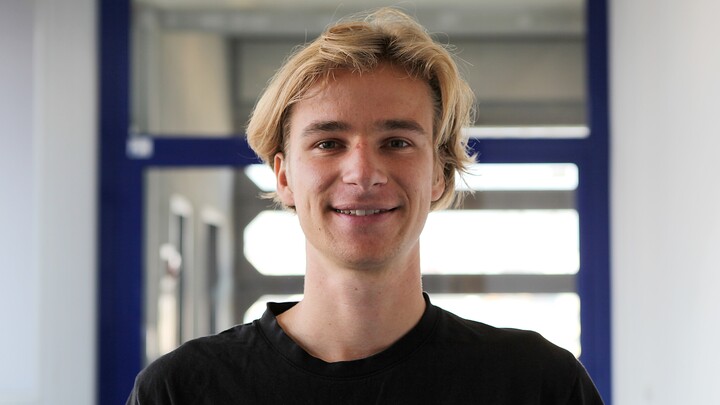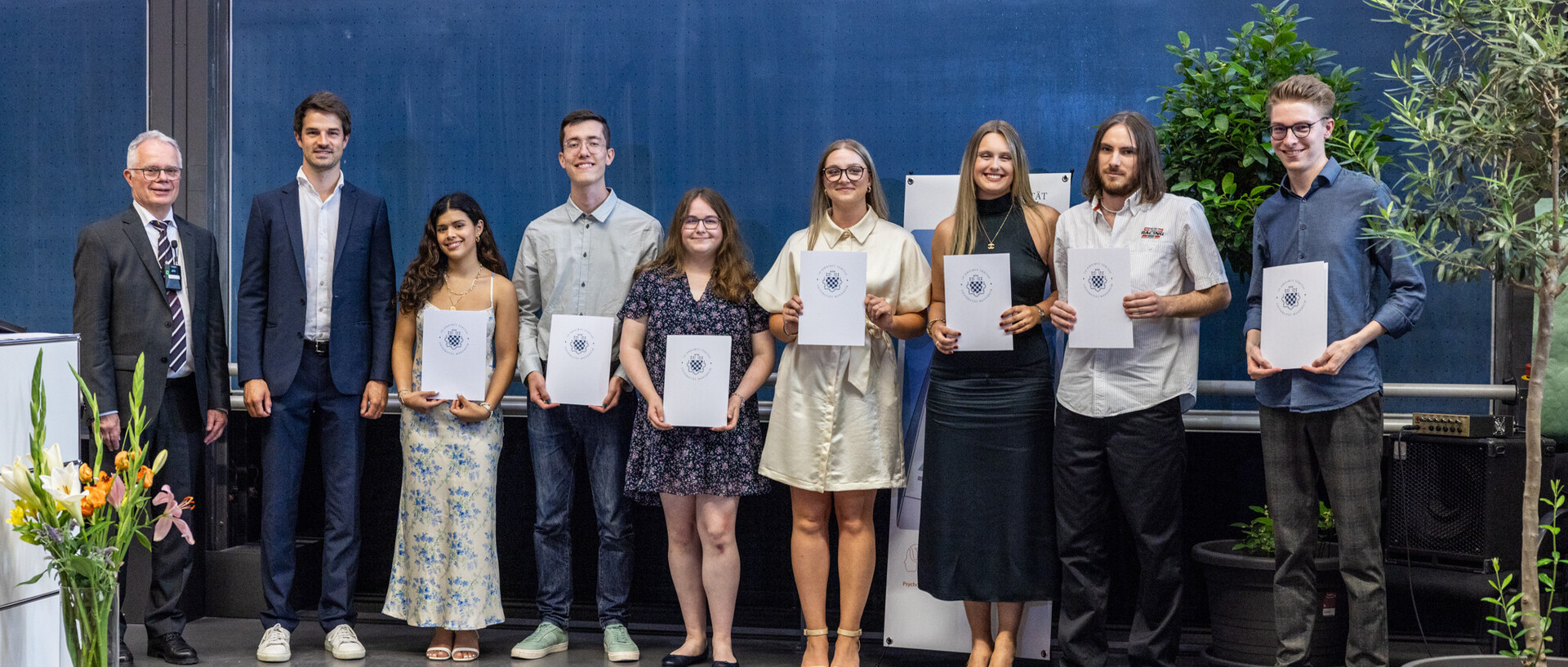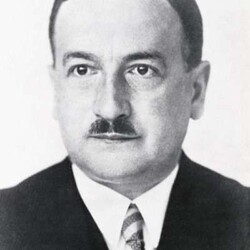Together with the association Rationale Altruisten e. V., the Faculty of Social Sciences awards three prizes for final theses. They are named after outstanding personalities whose scientific work is closely linked to the history and focus of our institution.
Bachelor's theses
Hans-Albert Preis
The Hans Albert Prize for the best bachelor's thesis in sociology goes to Xuemei Wang. Malte Grönemann will give the laudatory speech.
Franz-Urban-Pappi-Preis
The Franz Urban Pappi Prize for the best bachelor's thesis in political science goes to Salma Elnaggar. Julius Diener will give the laudatory speech.
Otto-Selz-Preis
The Otto Selz Prize for the best bachelor's thesis in psychology goes to Miruna-Andreea Nicolaua. The laudatory speech will be given by Dr. Nikoletta Symeonidou.
Master's theses
Hans-Albert Preis
Franz-Urban-Pappi-Preis
The Franz Urban Pappi Prize for the best master's thesis in political science goes to Gwendolyn Mingham. Julius Diener will give the laudatory speech.
Otto-Selz-Preis
Awards for dissertations
The Lorenz von Stein Prize is awarded annually for an outstanding dissertation in the fields of political science, social psychology or sociology. The prize is presented at the graduation ceremony of the Faculty of Social Sciences and is endowed with 1,000 euros. The prize is sponsored by the Lorenz-von-Stein Gesellschaft.

Oliver Rittmann receives the Lorenz von Stein Prize and the Bojanovsky Prize for his dissertation.




